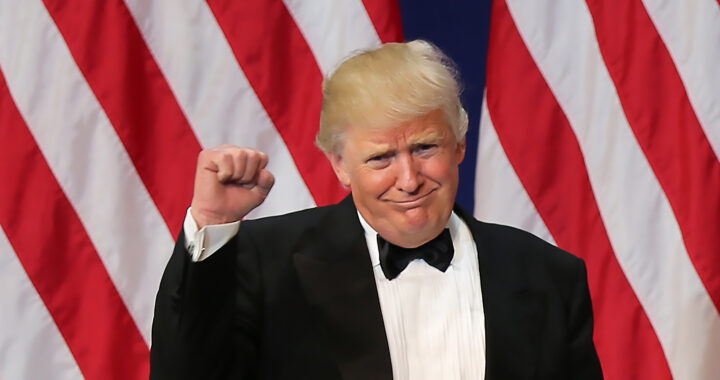Donald Trump has recently claimed in a Truth Social post published on 18 August 2025 that states are merely agents for the federal government in counting and tabulating votes. He added that they must do what the federal government tells them to do. This is not the first time he has made such a bold assertion. He also made similar claims in a speech made during a gathering of Republican figures in Washington on 8 April 2025. These assertions are wrong.
The United States Constitution deliberately disperses power between the federal government and state governments, ensuring no single authority dominates electoral administration. Under Article I, Section 4, state legislatures initially determine the “Times, Places and Manner” of congressional elections, subject to congressional oversight. However, nowhere does the Constitution grant the president authority to directly command states in their electoral duties.
Article II, Section 1 of the U.S. Constitution further underscores state authority by declaring that each state has the responsibility of appointing presidential electors “in such Manner as the Legislature thereof may direct.” This provision has been repeatedly upheld by courts, affirming that state governments, not the executive branch of the federal government, oversee the process of choosing electors who participate in the Electoral College system.
The 10th Amendment provides the clearest textual guarantee of state independence. It affirms that powers not delegated to the federal government, nor prohibited to the states, remain with the states or the people. This principle is the clearest textual guarantee of state independence. It also prevents the presidency from assuming unilateral control over election processes, thereby safeguarding the sovereignty of state governments within the federal framework.
Judicial precedent has consistently reinforced these constitutional boundaries. In Texas v. White, the Supreme Court described in its 1869 ruling the United States as “an indestructible Union composed of indestructible States.” Moreover, in the 1997 decision for the Printz v. United States case, the Supreme Court ruled that the federal government cannot commandeer state officials to execute federal mandates, underscoring states’ independence in governance.
Several critical federal laws also reflect this balance. The Voting Rights Act of 1965, the National Voter Registration Act of 1993, and the Help America Vote Act of 2002 impose standards to promote and protect voting rights and maintain fairness. It is worth highlighting the fact that these laws stop short of transforming states into subordinate agents of the presidency. This leaves the primary responsibility for administration with state governments.
Election controversies in recent history, including the disputed 2000 presidential election recount resolved in the landmark Bush v. Gore, highlight how crucial state authority remains. In that particular case between George W. Bush and Al Gore, the Supreme Court intervened only to enforce constitutional guarantees, not to transfer control to the federal executive. States retain the power to certify results before forwarding electors to Congress for counting.
Trump claiming that states are mere agents for and of the federal government not only contradicts explicit constitutional provisions but also undermines the very architecture of American federalism. The framers designed a system that decentralizes electoral power. They precisely did so to prevent the consolidation of power and influence in the presidency. This structure ensures elections remain free from direct executive manipulation.
It is important to reiterate the fact that the independence of states in election administration is more than a legal technicality and a delegation of responsibilities. It is a safeguard of democracy itself. Specifically, by distributing power, the U.S. Constitution ensures accountability, resilience, and trust in the system. The framing of Trump, if accepted, would fundamentally alter this balance, eroding one of the most critical protections against concentrated political power.
